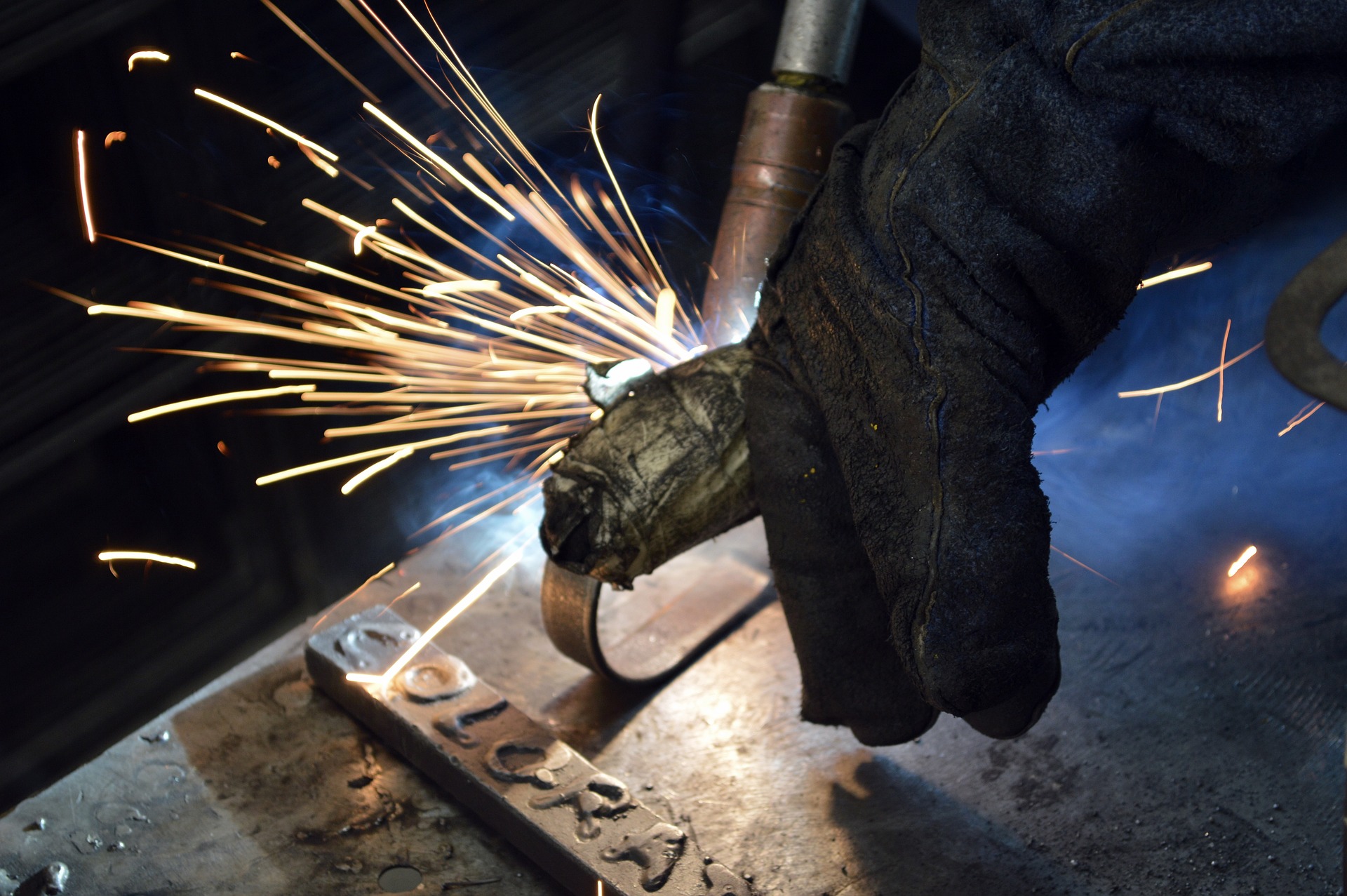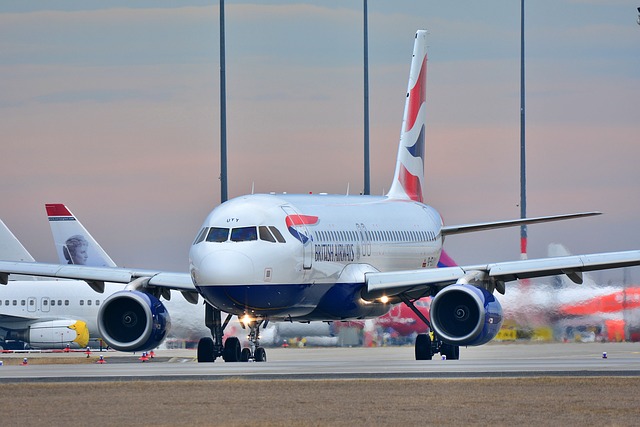Discover Welding Training Programs for Beginners in Germany
In Germany, individuals interested in starting a journey in welding can find a variety of training programs tailored for beginners. These programs offer essential skills and knowledge, paving the way for careers in welding and metal fabrication. Explore the opportunities where fabrication and welding companies thrive, and gain insight into the training available to help develop proficiency in this essential trade.

Comprehensive Overview of Welding Training Programs for Beginners
The German welding education landscape is structured around different experience levels and career goals. For absolute beginners, many technical schools (Berufsschulen) and vocational training centers offer Einstiegskurse (entry-level courses) lasting from a few weeks to several months. These programs focus on fundamentals such as safety protocols, basic equipment handling, and introductory welding techniques.
More comprehensive options include the formal Ausbildung (apprenticeship) path, typically lasting 3-3.5 years. This program combines classroom instruction with hands-on training at a company, resulting in a recognized qualification as a Metallbauer (metal constructor) or Konstruktionsmechaniker (construction mechanic) with welding specialization. The German Chamber of Industry and Commerce (IHK) and the Chamber of Crafts (HWK) oversee these programs, ensuring consistent quality standards.
For those seeking focused welding education, shorter certificate courses are available through organizations like the German Welding Society (DVS). These specialized programs offer training in specific welding techniques such as MIG (Metal Inert Gas), TIG (Tungsten Inert Gas), stick welding, and pipe welding. Upon completion, participants receive certifications recognized throughout the European Union.
Key Locations for Welding Fabrication and Metal Fabrication
Germany’s industrial regions house the majority of premier welding training facilities. The Ruhr Valley in North Rhine-Westphalia, with its rich industrial heritage, hosts numerous welding schools and training centers. Cities like Duisburg, Essen, and Dortmund offer specialized programs that leverage the region’s manufacturing expertise.
Baden-Württemberg, particularly around Stuttgart, features training centers connected to the automotive industry, providing specialized instruction in aluminum welding and advanced joining techniques. This region’s facilities often incorporate cutting-edge technology reflecting Germany’s leadership in precision manufacturing.
Bavaria, especially around Munich and Nuremberg, offers training programs with strong connections to aerospace and specialized equipment manufacturing. These centers frequently provide instruction in advanced welding processes like laser and electron beam welding.
Hamburg and Bremen, with their shipbuilding heritage, host specialized welding schools focusing on techniques relevant to maritime industries. These centers offer specific training in the heavy plate welding critical for shipbuilding and offshore structure fabrication.
Berlin and its surrounding areas feature innovative welding programs that often collaborate with research institutes, providing exposure to experimental techniques and emerging technologies in the field.
Opportunities with Fabrication and Welding Companies
Completing welding training in Germany opens numerous career pathways across various industries. The automotive sector, including manufacturers like Volkswagen, BMW, and Mercedes-Benz, continuously seeks skilled welders for production and prototyping work. These positions often offer attractive compensation packages and opportunities for advancement.
The mechanical engineering sector, where Germany maintains global leadership, employs welders in the production of specialized machinery and equipment. Companies in this field value precision welding skills and often provide opportunities to work with advanced materials and techniques.
Energy infrastructure presents another significant opportunity, with companies involved in power plant construction, pipeline installation, and renewable energy equipment manufacturing regularly seeking qualified welding professionals. These positions frequently involve project-based work across different locations.
For those interested in structural applications, Germany’s construction and infrastructure companies offer positions in steel structure fabrication and installation. These roles often combine shop-based fabrication with on-site assembly work.
Many German welding professionals also find opportunities in neighboring countries or with international projects, as German welding qualifications are highly regarded globally. This international recognition creates pathways to global career development for those trained in Germany.
Financial Aspects and Program Costs
Training program costs vary significantly based on the type, duration, and provider. Formal apprenticeship programs under the dual system typically do not require tuition fees, as apprentices receive modest wages while training. These wages generally range from €800-€1,200 monthly in the first year, increasing annually.
For specialized certification courses outside the apprenticeship system, costs can vary considerably:
| Program Type | Duration | Approximate Cost (EUR) | Key Features |
|---|---|---|---|
| Basic Welding Introduction | 1-2 weeks | €500-€800 | Safety fundamentals, basic techniques |
| DVS Welding Certificate Course | 4-8 weeks | €1,800-€3,500 | Process-specific training, EU-recognized certification |
| Advanced Specialization Course | 2-3 months | €3,000-€5,000 | Advanced techniques, specialized materials |
| Master Welder Program | 6-12 months | €6,000-€12,000 | Comprehensive training, supervisory qualification |
Prices, rates, or cost estimates mentioned in this article are based on the latest available information but may change over time. Independent research is advised before making financial decisions.
Many programs qualify for funding assistance through the Federal Employment Agency (Bundesagentur für Arbeit) or educational support programs like BAföG (Federal Education and Training Assistance Act). Additionally, companies sponsoring employees for further qualification may cover partial or full training costs.
Certification and International Recognition
German welding certifications adhere to European standards (EN ISO 9606) and often align with international standards like those from the American Welding Society (AWS). This standardization ensures that qualifications earned in Germany receive recognition across Europe and frequently worldwide.
The DVS (German Welding Society) issues widely respected certifications that require periodic renewal through practical testing. These certifications specify the welding processes, materials, and positions a welder is qualified to perform, providing employers with precise information about a welder’s capabilities.
For those seeking international mobility, additional certification bridges may be necessary when moving to regions with different standards. However, the thoroughness of German training typically makes these transitions smoother than for those trained in less rigorous systems.




